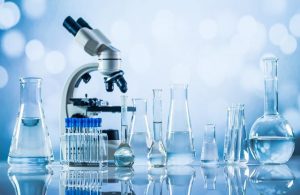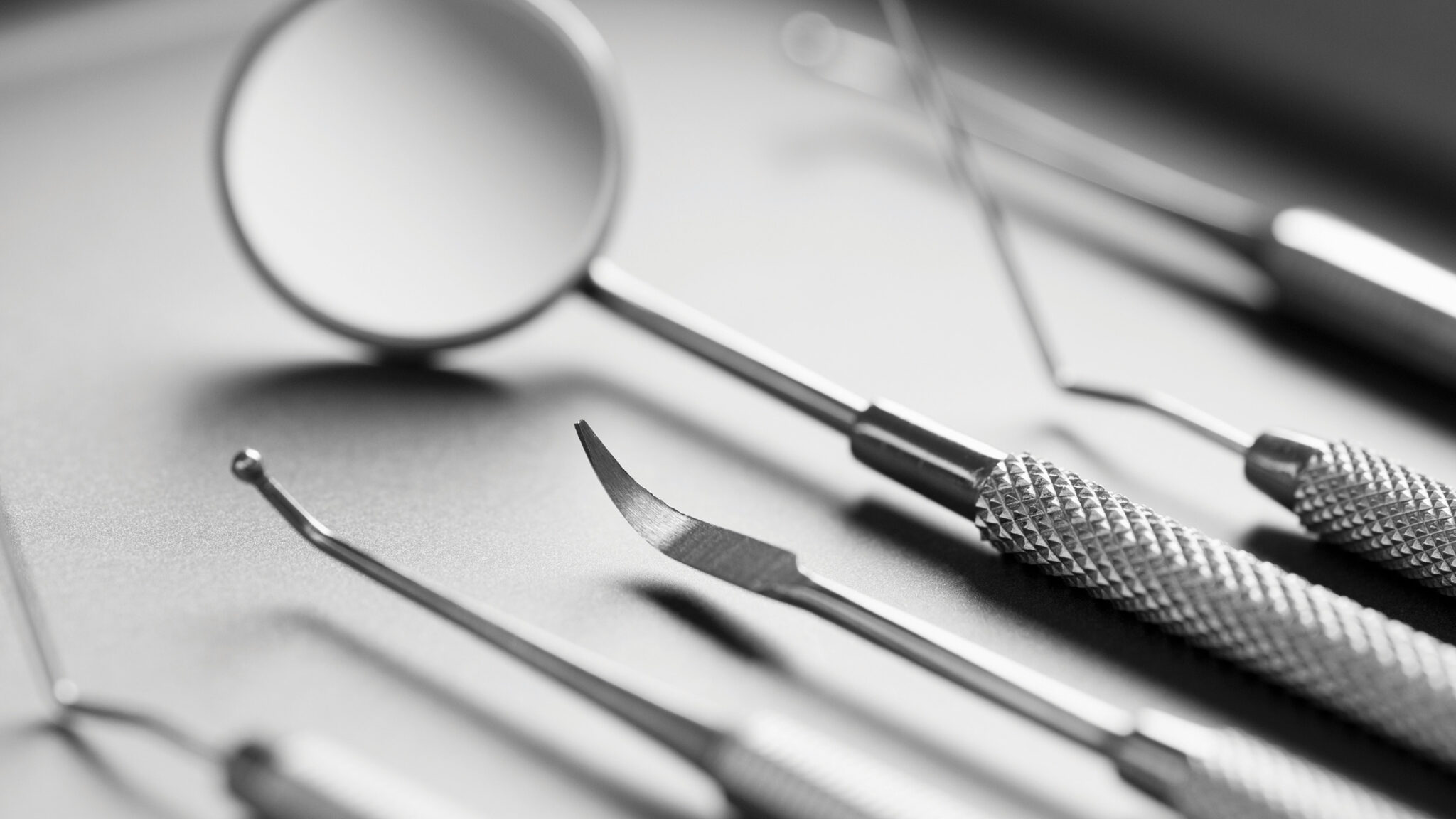
Laboratory equipment services refer to the maintenance, repair, and support services provided for laboratory equipment. This includes a range of services such as equipment installation, commissioning, maintenance, repair, and calibration, as well as training and support for laboratory personnel.
The purpose of laboratory equipment services is to help ensure the reliability, accuracy, and performance of laboratory equipment, as well as to extend the lifespan of the equipment and minimize downtime. Laboratory equipment services also help ensure compliance with regulatory requirements and industry standards, such as Good Laboratory Practices (GLP) and Good Manufacturing Practices (GMP).
There are a variety of providers of laboratory equipment services, including original equipment manufacturers (OEMs), independent service organizations (ISOs), and in-house laboratory personnel. The choice of service provider will depend on a variety of factors, including the type of equipment, the complexity of the equipment, and the specific needs and requirements of the laboratory.
Overall, laboratory equipment services play a critical role in ensuring the efficiency and productivity of laboratory operations and supporting the advancement of scientific research and discovery.
Get Sample PDF Report with Graphs and Figures Here
What are the functions of laboratory equipment?
Laboratory equipment serves a variety of functions in scientific research and experimentation, including:
- Measurement and analysis: This includes equipment used to measure physical, chemical, and biological properties, such as balances, spectrophotometers, and microscopes.
- Sample preparation: This includes equipment used to prepare samples for analysis, such as centrifuges, homogenizers, and sample holders.
- Containment and protection: This includes equipment used to ensure the safety of laboratory personnel and the environment, such as fume hoods, biological safety cabinets, and laminar flow hoods.
- Heating and cooling: This includes equipment used to control the temperature of samples and reactions, such as heating blocks, refrigerators, and freezers.
- Stirring and mixing: This includes equipment used to mix and agitate samples and reactions, such as stirrers, shakers, and vortex mixers.
- Synthesis and reaction: This includes equipment used for chemical synthesis and reactions, such as reactors, distillation units, and evaporators.
- Chromatography: This includes equipment used for the separation and analysis of chemical compounds, such as gas chromatographs, liquid chromatographs, and mass spectrometers.
- Cell culture: This includes equipment used for the cultivation and maintenance of cells, such as cell incubators, cell culture flasks, and cell transfection systems.
In conclusion, laboratory equipment serves a wide range of functions in scientific research and experimentation, and the specific type of equipment used will depend on the specific needs and requirements of the laboratory.

